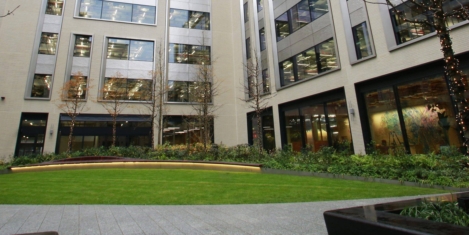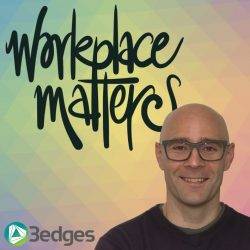December 8, 2017
Employers not doing enough to help staff reach their full potential says HR
 It appears to have been a challenging year for HR professionals, as a new survey suggests nearly three quarters (72 percent) of participants in a recent survey feel slightly or significantly more over-stretched in their role compared to last year. Forty four percent believe the workforce does not have enough support to thrive, and a further 23 percent don’t feel confident that their organisations are doing enough to address this issue. Research from a survey of HR people conducted by Cascade HR found that 32 percent of HR managers have found employment legislation harder to navigate. However, a reassuring 61 percent of HR professionals now feel ‘somewhat prepared’ for GDPR, which has understandably taken up a lot of preparatory time and resource as 2017 has unfolded. In fact, only 15 percent of HR professionals surveyed feel significantly or slightly underprepared, which seems to contradict national statistics on a business-wide level.
It appears to have been a challenging year for HR professionals, as a new survey suggests nearly three quarters (72 percent) of participants in a recent survey feel slightly or significantly more over-stretched in their role compared to last year. Forty four percent believe the workforce does not have enough support to thrive, and a further 23 percent don’t feel confident that their organisations are doing enough to address this issue. Research from a survey of HR people conducted by Cascade HR found that 32 percent of HR managers have found employment legislation harder to navigate. However, a reassuring 61 percent of HR professionals now feel ‘somewhat prepared’ for GDPR, which has understandably taken up a lot of preparatory time and resource as 2017 has unfolded. In fact, only 15 percent of HR professionals surveyed feel significantly or slightly underprepared, which seems to contradict national statistics on a business-wide level.




































December 6, 2017
Gig economy workers should not be criticised for defending their rights
by Michael Farrelly • Comment, Flexible working
More →